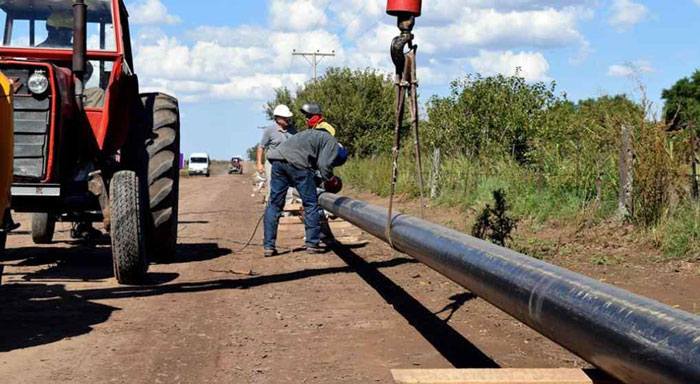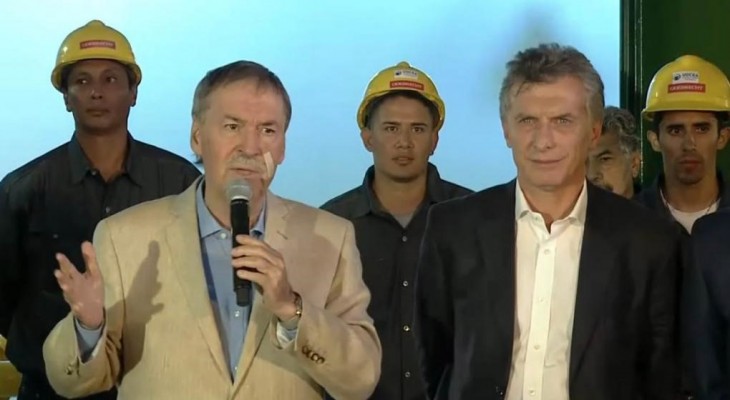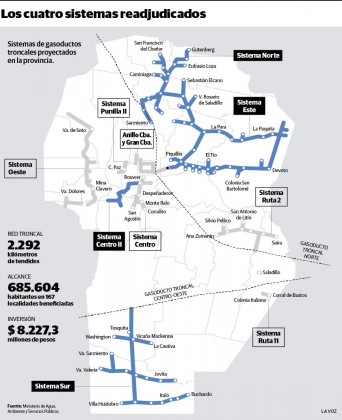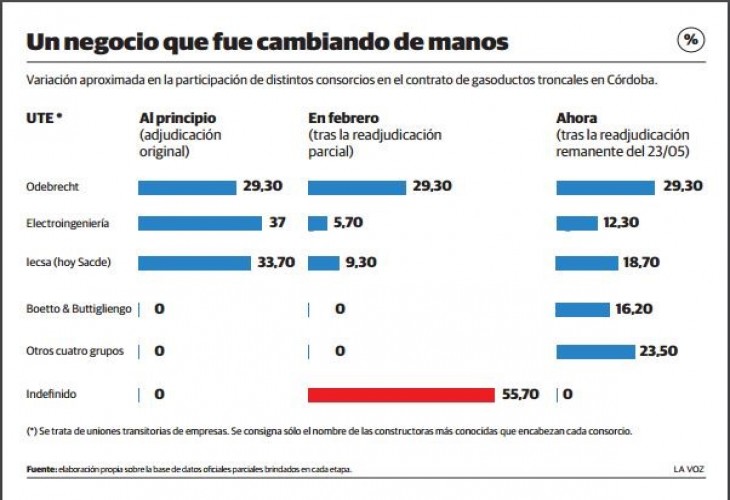Unanimously, on September 3, the Argentine Senate approved the entry of our country to the Asian Infrastructure Investment Bank -AIIB, for its acronym in English-. All that remains is the vote of the Chamber of Deputies to make the incorporation effective.
“Below, we offer a google translate version of the original article in Spanish. This translation may not be accurate but serves as a general presentation of the article. For more accurate information, please switch to the Spanish version of the website. In addition, feel free to directly contact in English the person mentioned at the bottom of this article with regards to this topic”.
Argentina is one step away from becoming a member of the Asian Infrastructure Investment Bank -AIIB- since by means of a unanimous vote, 69 affirmative votes, the Argentine Senate approved the entrance of our country to the institution. Now the Chamber of Deputies needs to deal with the entry project.
Argentina’s intention to be part of the Bank dates back to the administration of Mauricio Macri, where in the first ‘One Strip and One Route for International Cooperation’ Forum held in 2017, he affirmed the country’s intention to be part of the AIIB. That same year, the AIIB Board of Directors approved Argentina’s entry into the institution.
From the region, Ecuador and Uruguay are already members of the AIIB. On the other hand, Bolivia, Chile, Peru, Venezuela and Brazil have requested access to the organization. The Senate of the latter also approved his entry, however he joined as a founding member because he is part of the BRICS and all the founding countries of this bloc enjoy that status.
The AIIB was born in 2015 at the initiative of China, but began operating in January 2016. It currently has 102 members from different regions of the world. It is a multilateral financial institution that, through investments in infrastructure, fosters sustainable economic development, creates wealth, and improves connectivity in infrastructure, promoting regional cooperation with multilateral and bilateral development institutions. The Bank’s strategy is based on the Lean, Clean and Green concept in which it seeks to be efficient, agile, ethical and respectful of the environment and social rights. In addition, the financing to the countries is carried out through public capital and private investments and its financial operations are based on granting credits, guarantees and participations.
Since it began operations, the AIIB has already financed 138 infrastructure projects, between completed projects and projects in progress. In addition, the agency’s invested capital reaches $ 31 billion, which includes approved and requested projects. The sectors in which this organization invests are energy, transportation, telecommunications, infrastructure in rural areas, agricultural development, urban development, water supply, health services, environmental protection, logistics, among others.
Joining the AIIB gives our country the possibility of accessing financing from a new multilateral organization for infrastructure works in the energy sector, transportation and urban reforms, for example. Also, SMEs and other productive sectors could access Bank financing. Finally, another point to note is that this organization provides loans at low interest rates and without economic and political conditions, unlike traditional multilateral organizations such as the IMF.
Also, the bill approved by the Senate enables the Central Bank to access up to 50 capital shares, with a value of 100,000 dollars each, according to the registration admitted by the AIIB for the incorporation of a member country. A part of these shares, specifically 40, correspond to the callable capital and the remaining shares correspond to the capital to be integrated.
The strengthening of the relationship between our country and the People’s Republic of China is intensifying and among its causes, in addition to the partial approval of Argentina’s admission to the AIIB, there is also the strengthening of the Comprehensive Strategic Association with the Asian country, the donation and provision of health supplies in the fight against Covid-19, the progress to test the Chinese vaccine in the Argentine population and the negotiations that are being carried out to make effective the entry of Argentina to the Initiative of the Route and the Silk and the construction of the fourth atomic power station. Therefore, an even stronger tightening of cooperation between the two countries is expected.
More information
- The role of the AIIB in the New Green Silk Road – Fundeps
- An approach to the Asian Infrastructure Investment Bank – Fundeps
- Argentina looks to the BAII – Dangdai
- Argentina-China: cooperate in adverse times – Fundeps
- May the brothers be united ?: Profiling the Sino-Argentina relationship in the government of Alberto Fernández – Fundeps
Contact
Gonzalo Roza, gon.roza@fundeps.org





